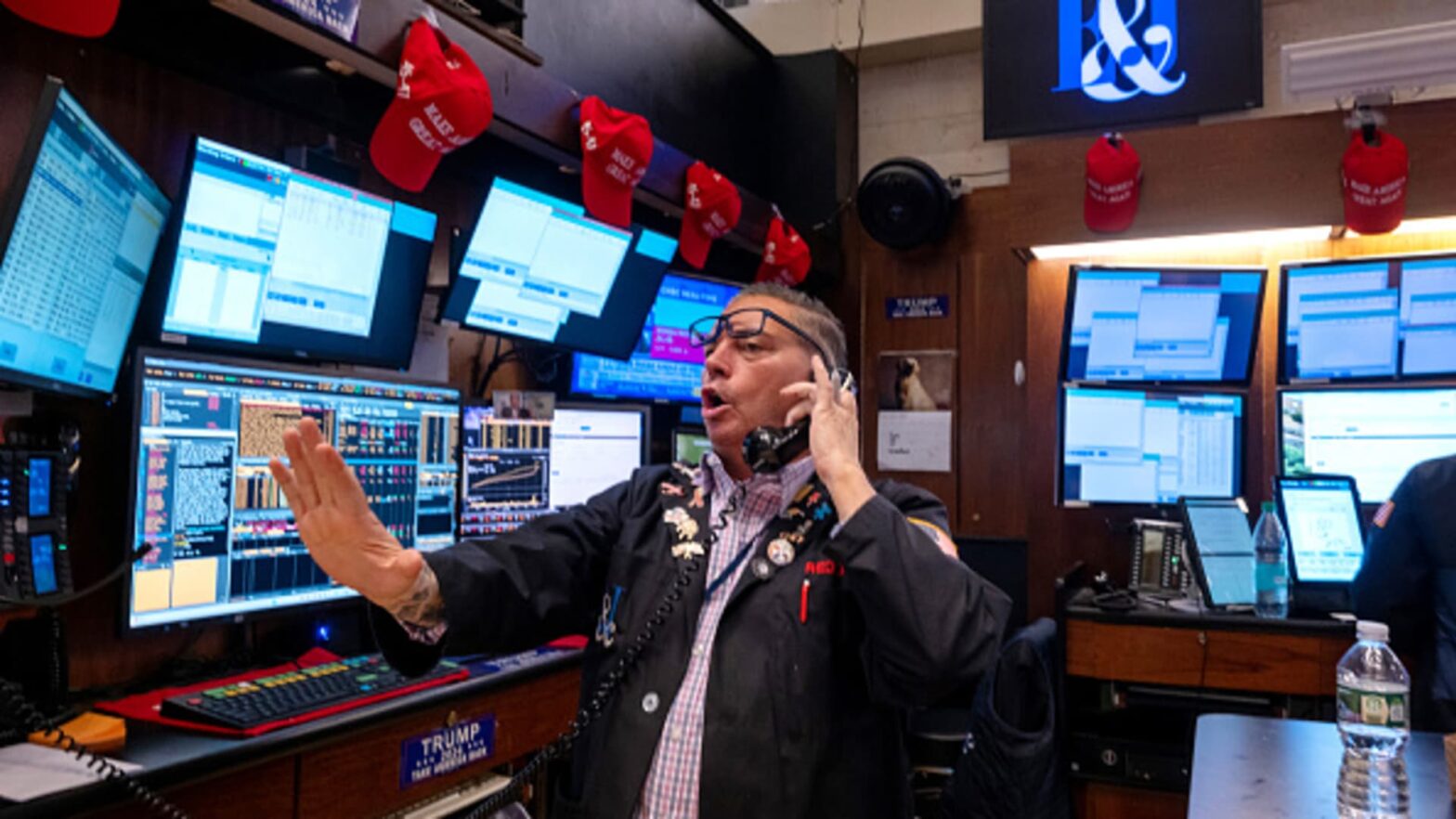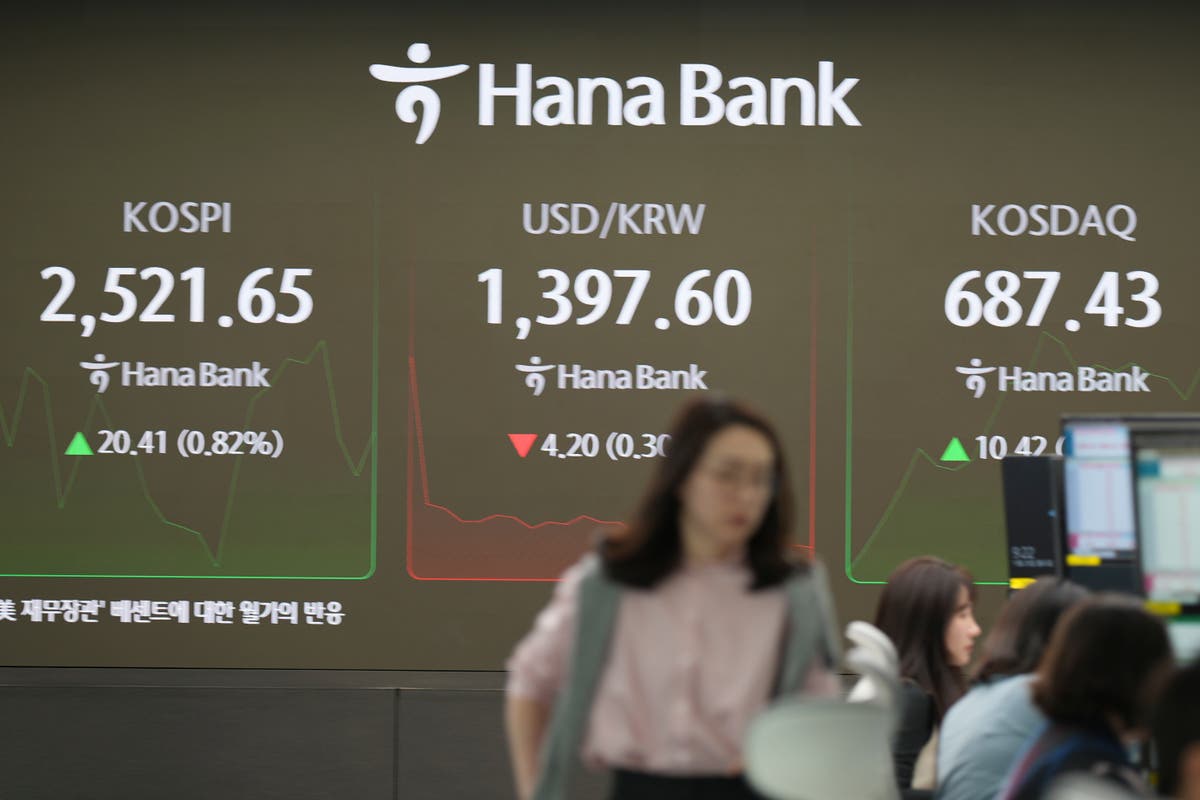Maybe the Street is a bit too optimistic on this one.
In the exciting and volatile biotech industry, stocks can soar quickly on clinical or regulatory progress. Reliably predicting which ones will do so in advance is impossible, but we can get some clues from Wall Street analysts.
According to analysts’ consensus estimate, Intellia Therapeutics (NTLA 4.15%), a clinical-stage biotech, boasts a substantial upside. Its shares could jump by 354% if we go by their average price target of $65. Should you put your money in Intellia Therapeutics right now, expecting massive gains?
Let’s find out.
Potential catalysts ahead
Intellia Therapeutics fits the profile of stocks that investors have been moving away from in the past few years: somewhat speculative and unprofitable companies. That describes most clinical-stage biotechs. To impress investors, the gene-editing specialist will have to show serious progress.
The good news is that Intellia has two ongoing phase 3 studies. The first is for NTLA-2001 in treating transthyretin amyloidosis with cardiomyopathy. This rare disease, caused by an abnormal buildup of protein in body organs, comes in two forms: wild-type (typically affecting older people) and hereditary. It causes various symptoms, including cardiomyopathy, a condition in which patients’ hearts have difficulty pumping blood.
There is no cure for transthyretin amyloidosis; that’s what the biotech is trying to develop. Intellia could provide updates on this ongoing study throughout the next 12 months. It also plans on starting another phase 3 study for NTLA-2001 in treating hereditary transthyretin amyloidosis with polyneuropathy (a disease of the nerves) by year-end.
Intellia is running another late-stage study for NTLA-2002 for the treatment of hereditary angioedema, a rare condition marked by swelling of the limbs. It’s working on several early-stage trials, too.
Should you bet on it?
How will pipeline progress affect Intellia’s performance in the next 12 months? Positive phase 3 results would likely jolt the stck price, but by how much? That depends on several factors, including the peak sales potential for the relevant candidates, how effective its treatments proved in clinical trials, potential competition, and more.
According to Intellia, NTLA-2001 and NTLA-2002 will have commercial opportunities by 2029 worth over $11 billion and over $6 billion, respectively. If accurate, that’s a massive addressable market for a company whose market capitalization is $1.5 billion.
That said, NTLA-2001 and NTLA-2002, even if approved, won’t capture this entire space by themselves. That never happens — their sales potential is likely far lower than their commercial opportunities. In fact, according to one projection, NTLA-2001 will generate annual U.S. sales of $938 million by 2038.
Moreover, predicting how well these therapies will perform in their ongoing late-stage studies is impossible. Even with promising data from phase 2 clinical trials, it’s not rare to see therapies flunking pivotal studies. If that happens to either one of Intellia’s leading programs, its shares could drop off a cliff.
Based on these factors, Intellia Therapeutics won’t get a boost to its stock price anywhere close to what Wall Street predicts in the next 12 months. That alone doesn’t mean the stock isn’t a buy, though. But could it be?
One argument in favor of Intellia is that it found a partner with big pockets to help develop a couple of its medicines, including NTLA-2001. That partner is biotech giant Regeneron Pharmaceuticals. Collaborations like these help smaller drugmakers get more funding and make it less likely that they’ll encounter unforeseen regulatory setbacks. On that note, Intellia had $940 million in cash and equivalents as of June 30, a solid amount given its size. Funding might not be a problem
However, Intellia Therapeutics still looks like a high-risk, high-reward play. It could go either way, depending on how well its candidates perform in phase 3 studies. This probably isn’t the best option for risk-averse biotech investors. But if you have a higher risk tolerance, you might want to consider initiating a small position in the stock.
Prosper Junior Bakiny has no position in any of the stocks mentioned. The Motley Fool has positions in and recommends Intellia Therapeutics. The Motley Fool has a disclosure policy.

















